Business Presentation on Social Sustainability in Apparel Industry
VerifiedAdded on 2023/01/16
|8
|496
|96
Presentation
AI Summary
This presentation delves into the critical aspects of social sustainability within the apparel industry, focusing on the challenges and responsibilities of companies sourcing from developing countries. It examines the legal obligations of both governments and companies regarding labor laws, transparency in manufacturing locations, and the negative impacts of unauthorized subcontracting. The presentation emphasizes the importance of robust supply chain management to monitor subcontractors and address labor abuses. It evaluates how increased market competition, customer demands, and the absence of proper government regulations have exacerbated labor issues. The presentation's arguments are supported by references to academic literature, highlighting key issues in social sustainability, supply chain management, and the ethical responsibilities of businesses operating in the global apparel market.
1 out of 8
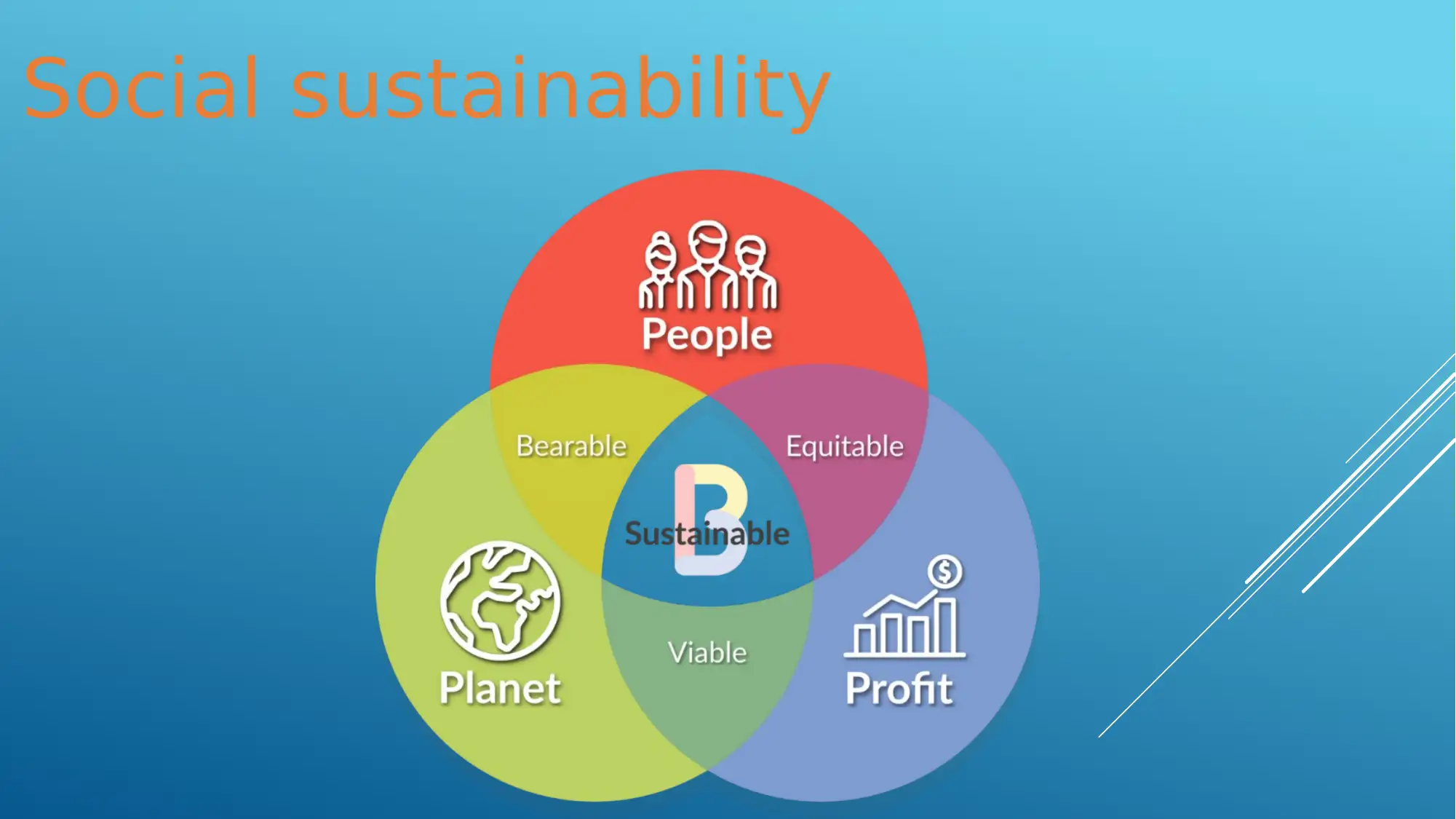

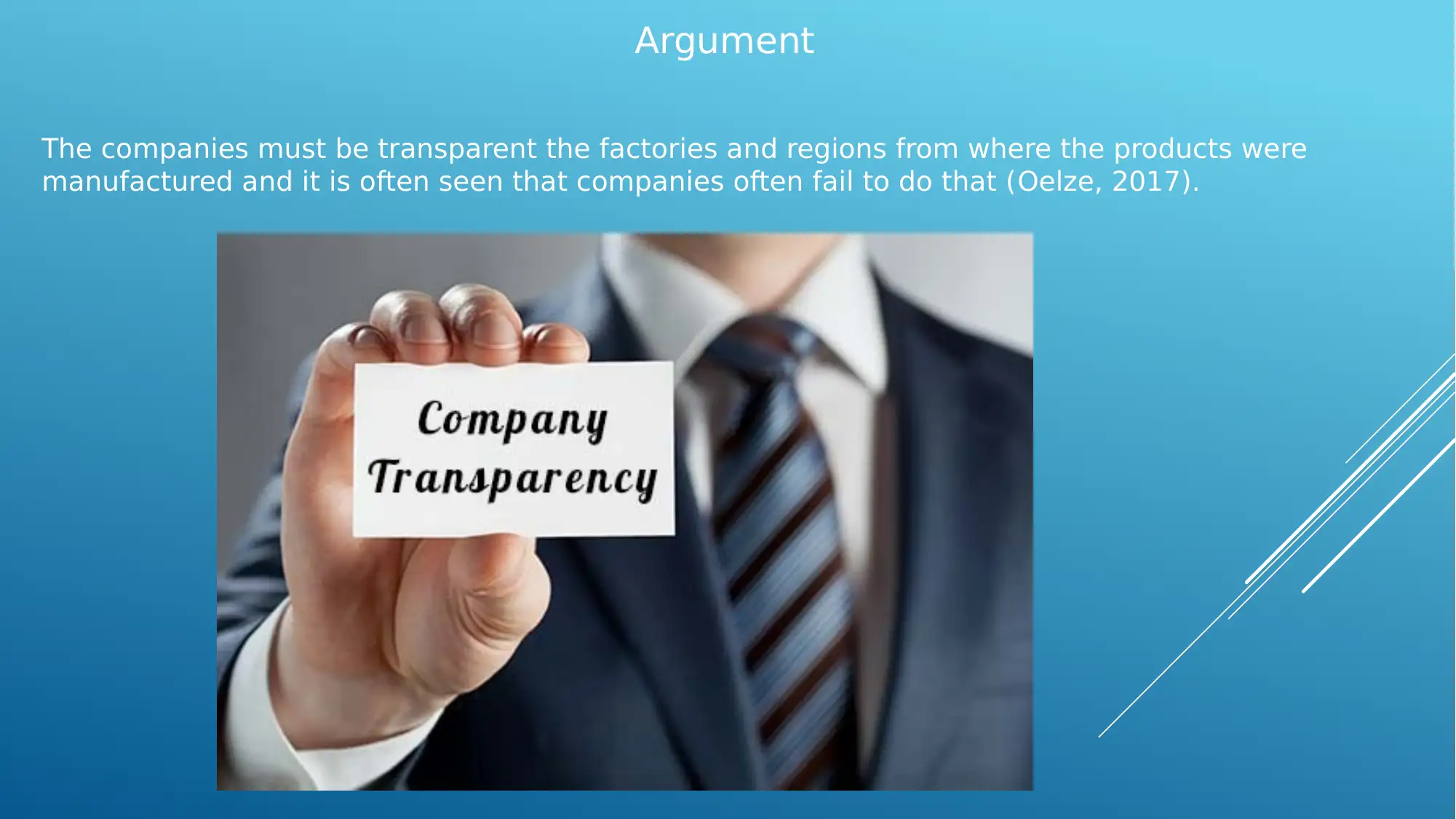

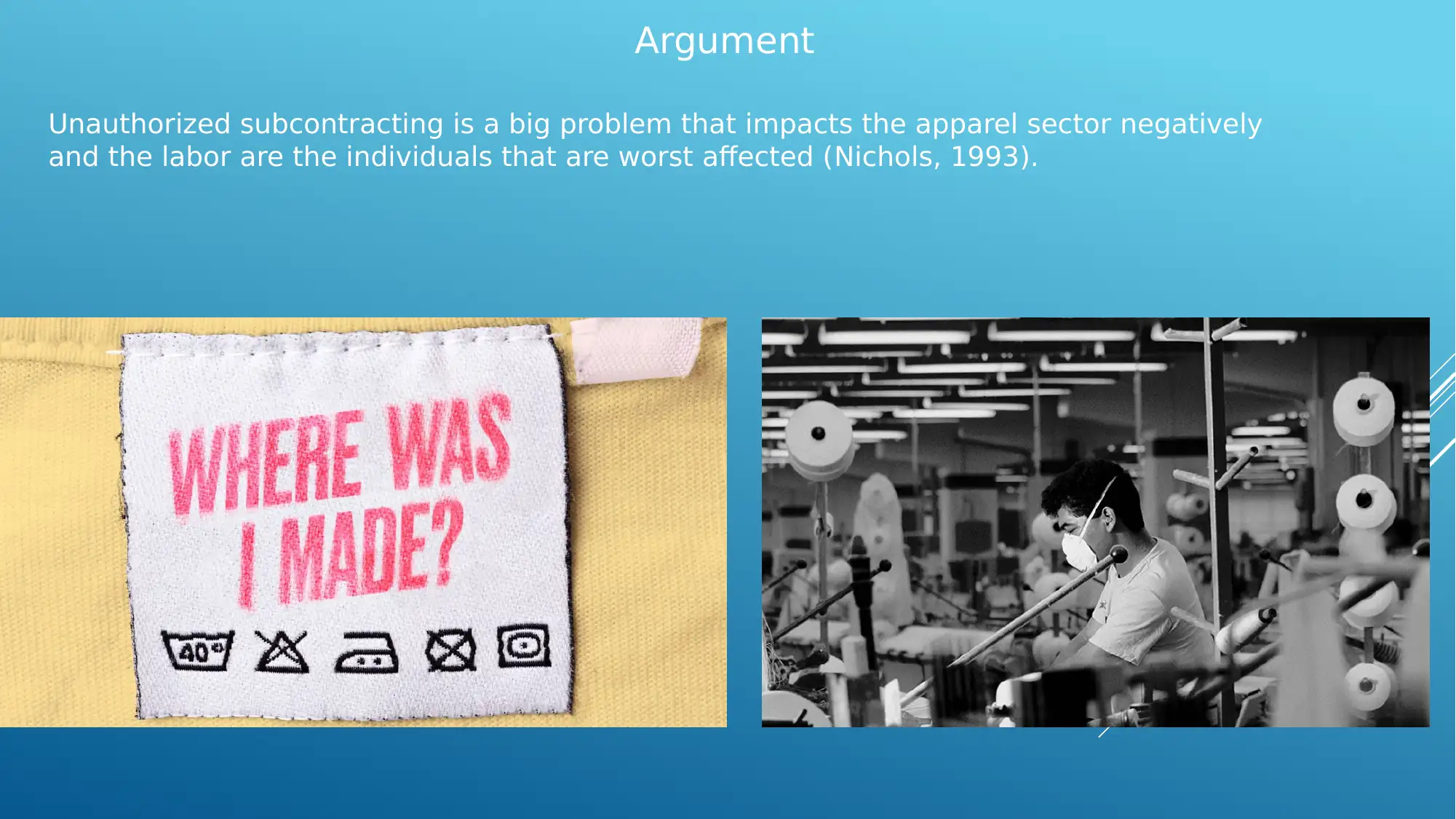
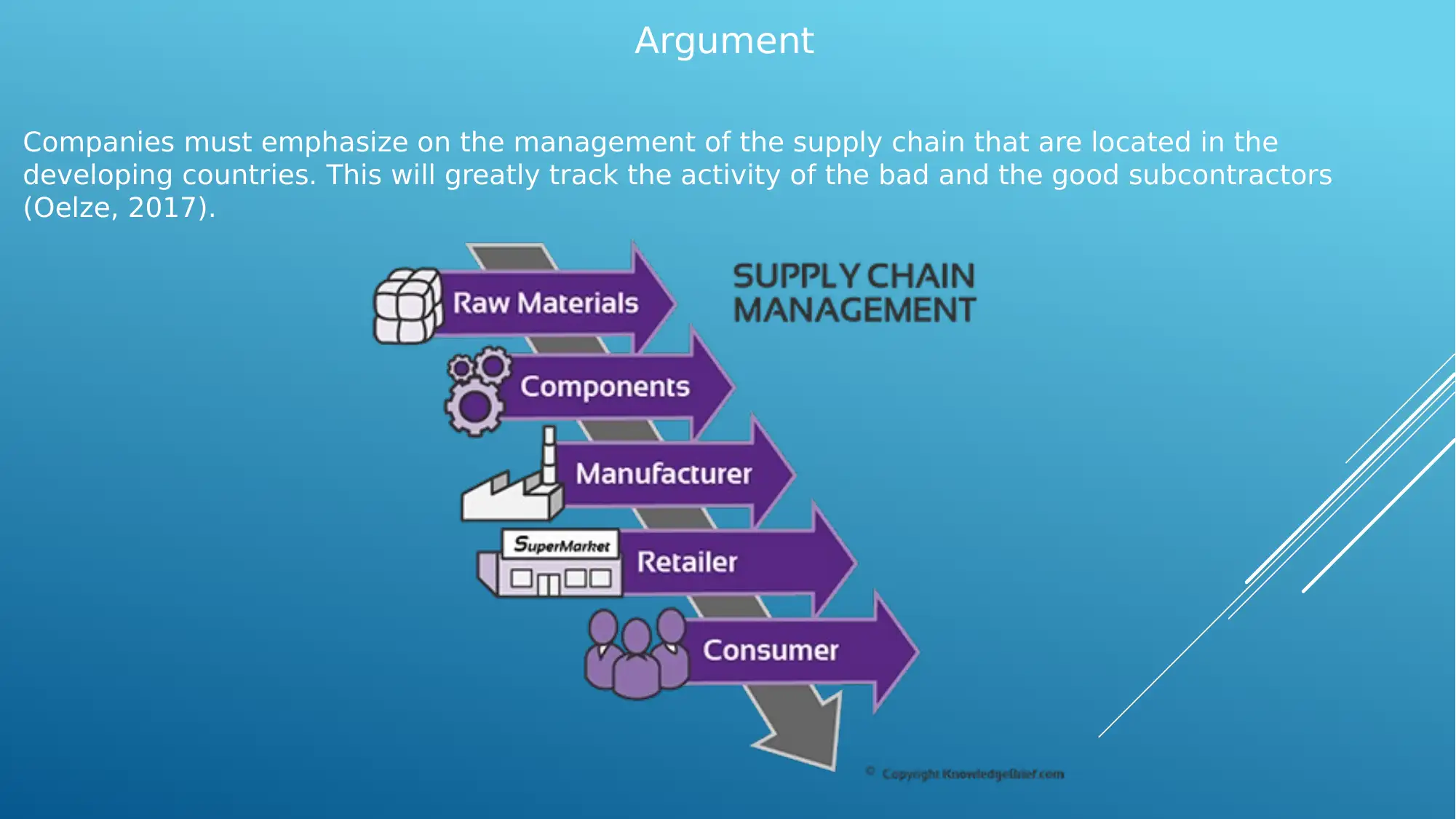
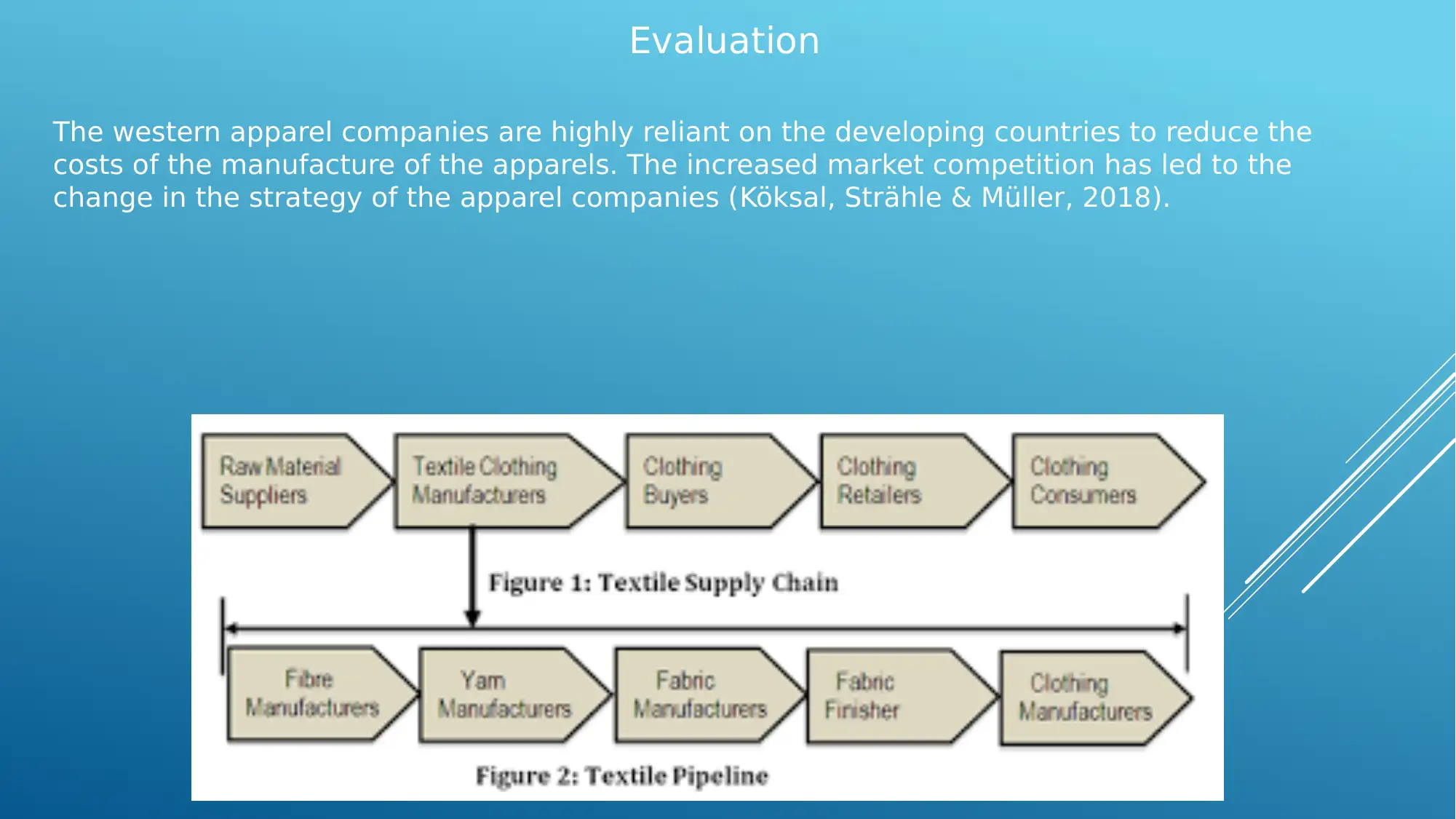
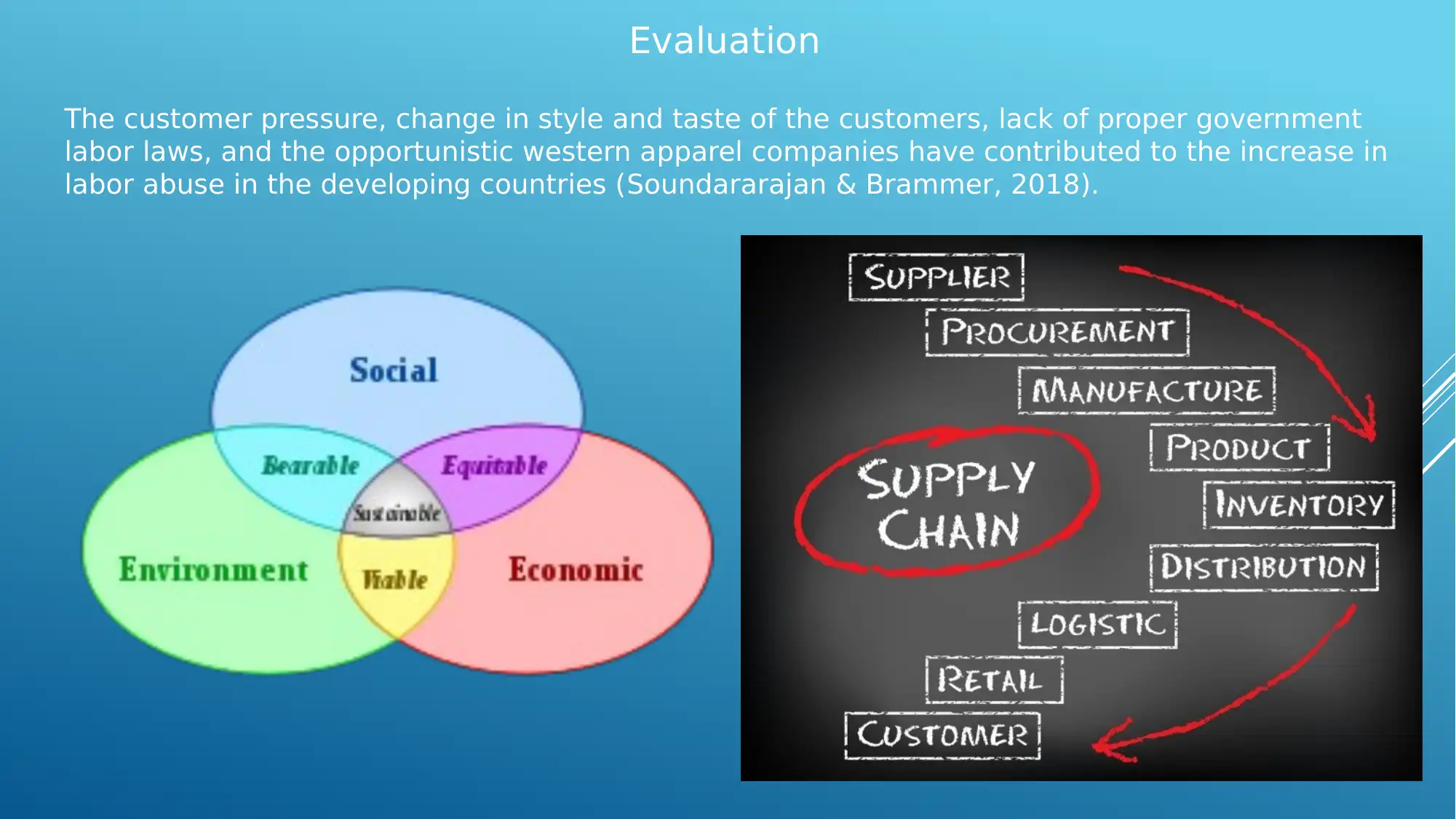
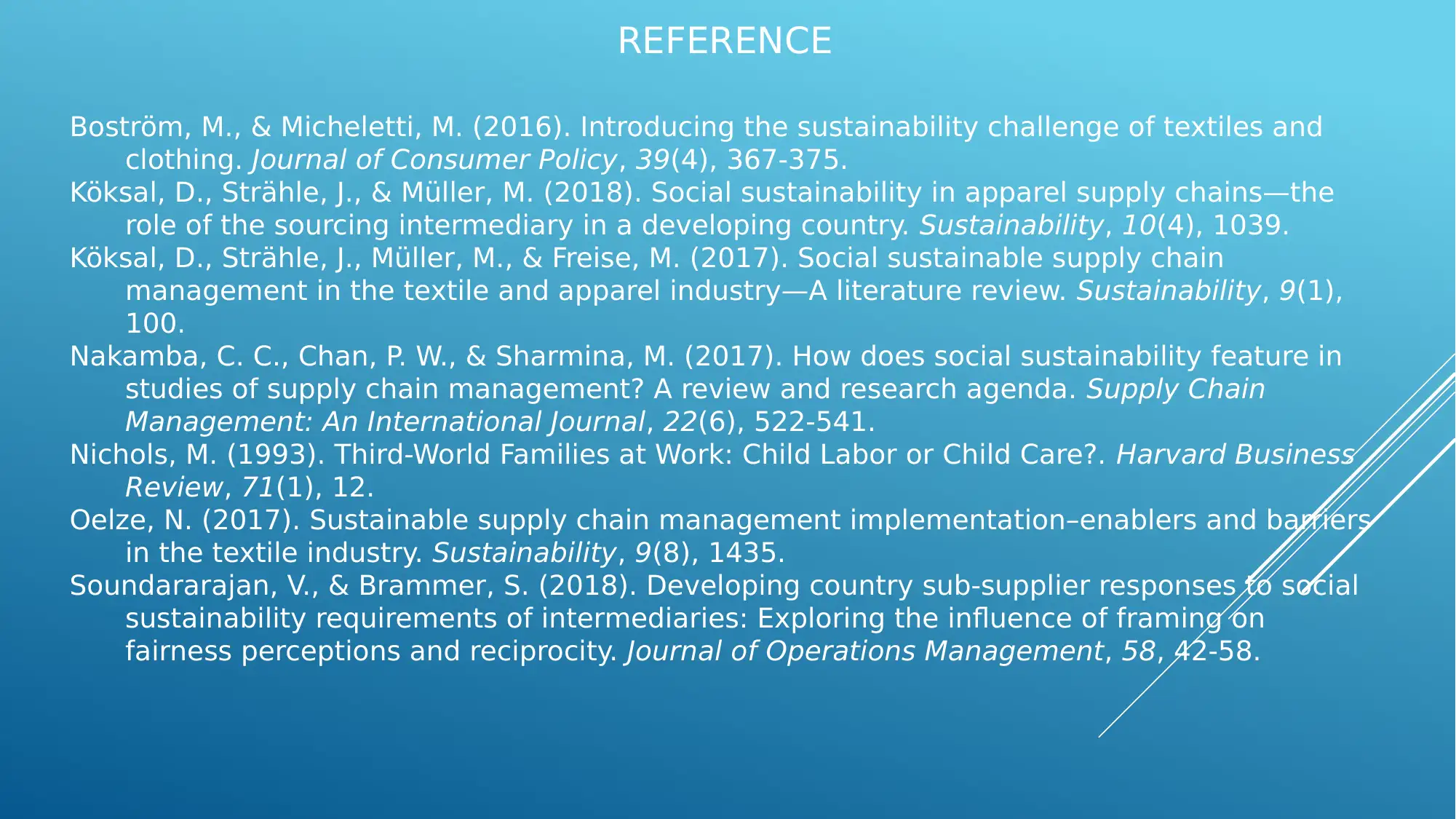


![[object Object]](/_next/static/media/star-bottom.7253800d.svg)